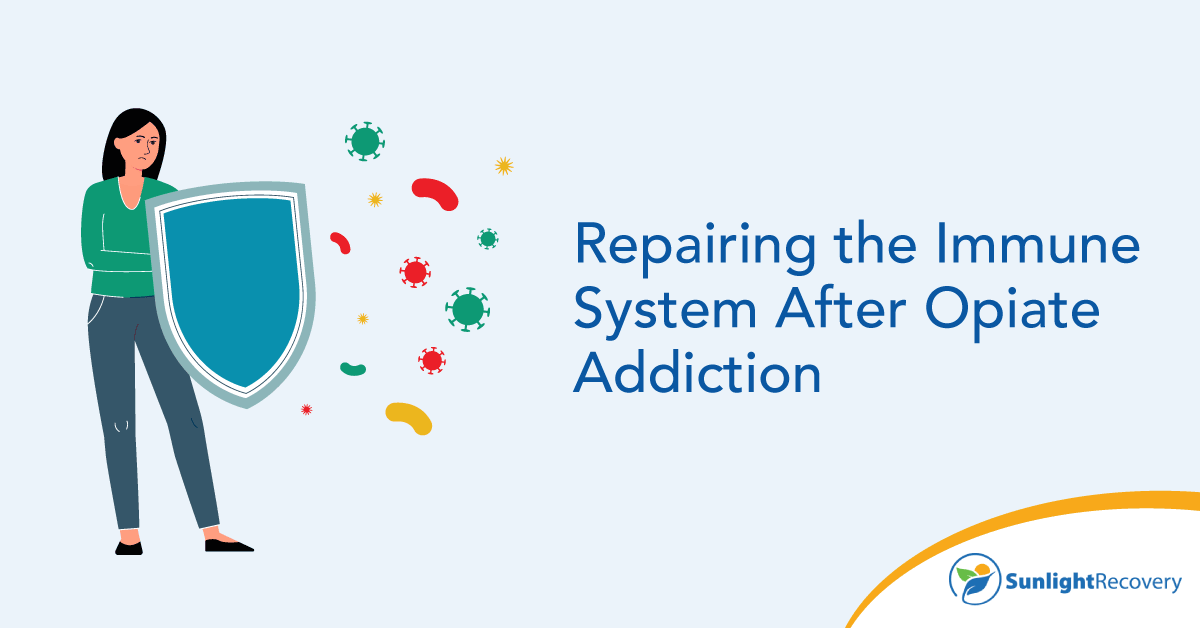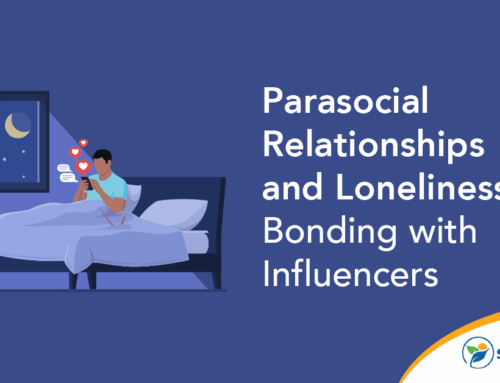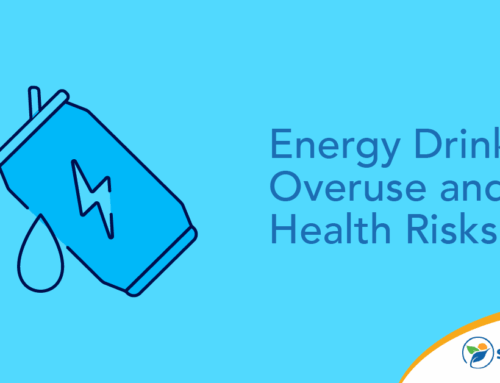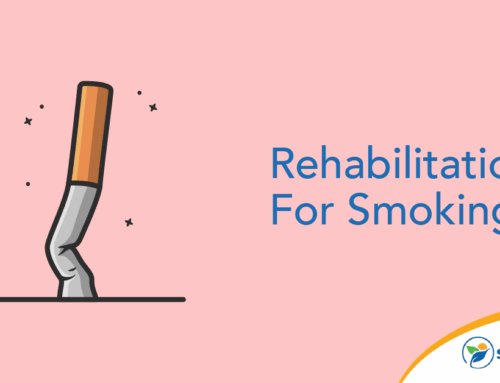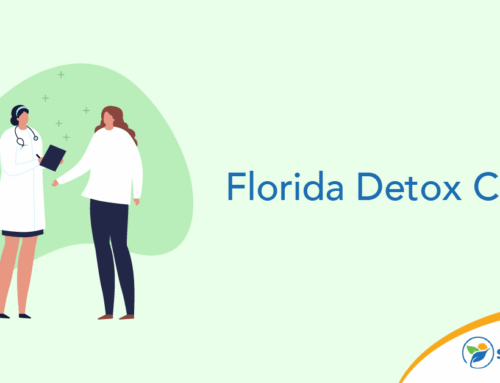Traditionally, prescription opioids were considered to deliver immunosuppressive properties. It was thought that opioids reduced the body’s ability to launch an immune response, making it more likely that someone who was using or abusing these medications might not be able to fight off diseases. However, the relationship between opioid receptors and immunity is more complex.
Keep reading to learn more about how opioids and opioid addiction may impact your immune system and what you can do in recovery to help support immune health.
How Does an Opiate Addiction or Opiate Abuse Impact Your Immune System?
Opioids have an impact across your entire body. Opioid receptors in the body create chemical changes in your system in response to opiate use, and those changes can become magnified with regular opiate abuse.
Chronic use of opioids can reduce your body’s ability to launch adaptive and innate immunity responses. Basically, this means your body’s capability of rebuilding, healing, and fighting off disease may be negatively impacted. For example, in one study, opioid use increased risks associated with contagious pneumonia by 38%.
In some extreme cases, opiate abuse can increase a person’s risk for systemic bacterial infections that might trigger septic shock. While Narcan and sepsis have a relationship and this treatment might be used to manage septic shock, it’s also important to know how to support your immune system as you go through recovery.
Steps for Boosting Immune Health During Recovery
Understanding the relationship between opiates and immune system health is an important start to repairing any damage during recovery. Once you have more knowledge of how opioid addiction or abuse may have impacted your body and overall health, you can start making healthier decisions to support healing.
Eating a Nutrient-Dense Diet
Human bodies need the right fuel so they can do the work of healing and maintaining immune systems and other functions. Eating a healthy, varied and nutrient-dense diet during recovery can help you feel better overall and support your body as it works to address any damage that might have been caused by substance abuse.
Working with a nutrition counselor or dietician can help you understand exactly what your body needs during addiction recovery, but some general tips include:
- Limiting sugar intake. Sugar can drive inflammation in the body, make it harder for healthy body functions to operate, and negatively impact the immune system. While you don’t have to forgo sweet treats entirely, eating them in moderation and being aware of what ingredients are in your food is helpful.
- Limit processed foods. Processed foods are often heavy on salt and preservatives that can also impact your body functions, including your immune system. When possible, opt for unprocessed, whole foods.
- Take supplements. Boost your intake of critical vitamins and minerals such as vitamins C and D with supplements to support your immune system. You might also want to consider a probiotic to help support gut health, which is closely aligned with immune health.
Drinking Enough Water
Additionally, your body needs water to manage immune and other functions and maintain healthy cellular structure. Water intake also helps your body flush out toxins associated with substance abuse that could lead to immune issues. If you don’t like the taste of plain water, you can supplement your hydration with some flavored seltzer water or herbal teas.
Supporting Healthy Sleep
While you’re resting during sleep each night, your body is doing a lot of behind-the-scenes work to maintain itself. Most adults need 7 to 9 hours of sleep on average, but sleep quality counts for a lot.
Falling asleep, staying asleep and getting good quality sleep during recovery can be a challenge. Withdrawal symptoms early on in the opioid addiction treatment process can make sleep difficult, and even after you get through that phase, anxieties and other factors could impact your sleep. Working with therapists and experienced clinical providers during recovery can help you address these obstacles to support healthy sleep.
Reducing Stress When Possible
Chronic stress can have a negative impact on your immune system. Working through recovery to identify and mitigate stressors whenever possible can help you support immune health and your ability to remain sober.
Avoiding Other Substance Abuse
In trying to stop abusing opioids, many people fall into abusing other substances, including alcohol, tobacco and even caffeine. This isn’t ideal from a recovery standpoint, as it puts you in a position to fall back into opioid abuse. From a holistic point of view, overusing any substance can be bad for your body, so it’s best to avoid these types of replacement crutches.
Why a Medical and Holistic Approach Is Important in Recovery
A holistic and clinical approach to recovery takes into account all factors, including the role of opioid receptors in addiction and opiate impact on your body. This is actually true when dealing with recovery from any type of substance abuse, as other drugs and alcohol can also create changes in your body and negatively impact organ and system function.
For instance, the possibility of restored liver function can be a concern when someone is recovering from alcohol addiction. Or the lack of good nutrition during a time of drug addiction may have caused someone to deal with general poor health or issues like poor oral health. A holistic approach to recovery treats the entire person and often involves guidance, education and support on mental and physical health topics. This can include help in creating healthy diet and exercise habits to enhance the body’s natural healing responses.
If you’re struggling with an opioid addiction, medical detox may be a first step toward recovery. During this phase, medical treatments are used to reduce your struggle with withdrawal symptoms and allow you to safely detox from opioid abuse. Then, you can move on to holistic treatments for the entire body, including working to improve your immune system.
To find out more about our medical and holistic approach to treating opioid addiction and other substance abuse disorders, contact Sunlight Recovery today.


